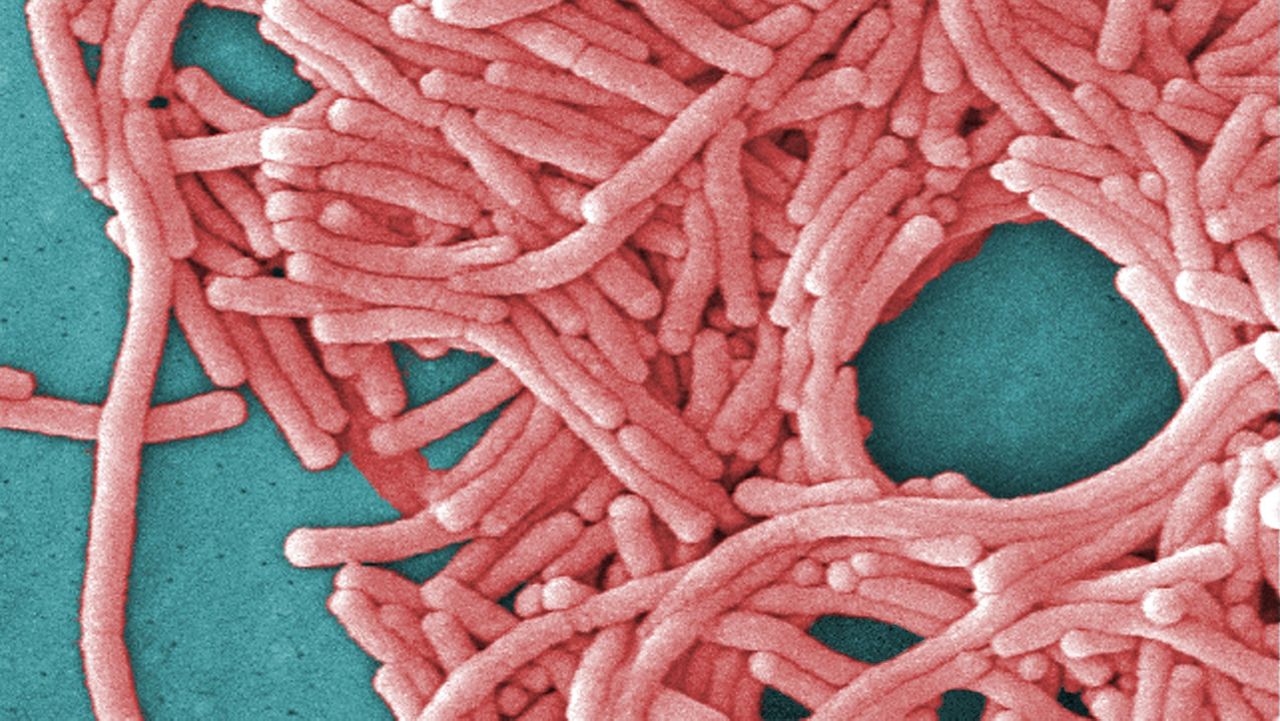One person has died and several people have been hospitalized following a Legionnaires' disease outbreak in the Bronx, city health officials said Wednesday.
A total of 19 cases have been identified in the Highbridge section of the borough, according to officials. Of those cases, one was fatal and eight required hospitalization.
"We are saddened to hear about a death in a person who contracted Legionnaires'," said Health Commissioner Dr. Ashwin Vasan. "Health Department staff are working to ensure that buildings in the cluster area are treated and conditions remediated quickly."
The city's Health Department first discovered the cluster affecting the 10452 and 10456 ZIP codes last week.
According to the city's Health Department, four cooling towers in the area have tested positive for the presence of Legionella pneumophila, a type of bacteria that causes the disease. An order to disinfect has already been issued.
Officials said any adult who may have been in the affected area since early May, and is experiencing flu-like symptoms, should seek immediate medical attention.
People can get Legionnaires' disease by breathing in water vapor that contains the bacteria. The disease is not contagious and can be treated with antibiotics.
Individuals at higher risk for serious illness include those over the age of 50, cigarette smokers and people with chronic lung disease or compromised immune systems.
Because the disease has similar symptoms to COVID-19, health officials are advising New Yorkers in the area be tested for COVID and evaluated for Legionnaires' disease.
"While most people exposed to the bacteria do not get sick, Legionnaires' disease can cause severe illness or be fatal for those at higher risk, including people pre-existing chronic health issues. That's why it's crucial that you seek health care as soon as you experience flu-like symptoms," said Vasan.
In 2015, a Legionnaires’ outbreak in the Bronx killed 12 and sickened more than 100 people.
The Health Department is conducting outreach in the Bronx to inform residents of the disease. Inspections will also be following up to ensure all affected cooling towers are disinfected properly.



